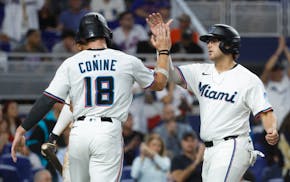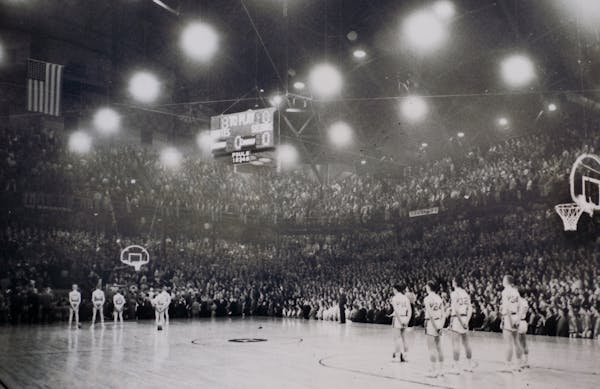Lynnette Sjoquist had just finished a fourth season with the All American Red Heads, a barnstorming women's basketball team. She thought basketball was done for her and it was time to return, she said, to normal life.
Then she saw the ad. It was 1978 and a new league was forming, the Women's Professional Basketball League. There was going to be a Minnesota team So she tried out at the Decathlon Club, was offered a contract and signed. It wasn't for much money, but she was getting to play the game she loved.
"It was an answer to my prayers," she said.
She played for that team, the Minnesota Fillies, in that first season, 1978-79. Two seasons later she was doing public relations for the team when, with the league struggling through what would be its third and final season, the Fillies' legacy came to an end.
Financial issues plagued the league from the start, and the same was true in Minnesota for owner and GM J. Gordon Nevers. A difficult season was heading down the home stretch when the Fillies went to Chicago to play the Chicago Hustle before a big crowd at DePaul University's Alumni Hall.
Unhappy about not having been paid, the team decided to make a stand in the Windy City, where league Commissioner Sherwin Fischer was based. The team warmed up, then walked out.
Coach Terry Kunze said he didn't know about the players' plan.
"We warmed up," he said. "There was a full house, a good crowd. Then we went down [to the locker room] for a few minutes. When they went down they left, and I came up alone."
The game was forfeited. Kunze and those players were out. Back in Minneapolis, Nevers and Sjoquist spent two days contacting players to put together a team to finish the final four games of the season. The final two — road games at Dallas and San Francisco — Sjoquist coached. "So, I guess my official coaching career record is 0-2," she joked.
The Fillies last game, a 122-61 loss at San Francisco, was played 39 years ago this week.
It was a difficult end, but it's an experience Sjoquist — who is part of the broadcast team for University of Minnesota women's basketball — still treasures. This was a real, professional league for women, one that came years before the present-day WNBA. It was a league folks hoped would benefit from the 1976 Olympics, where women's basketball was included for the first time.
"It was an interesting time," Sjoquist said. "The league had a vision of what this could be. It was great, but it was also a struggle. And it ended, after three years, in a little bit of disarray."
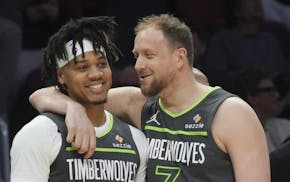
How did the Timberwolves mimic the two Lakers stars in practice? As well as they could.
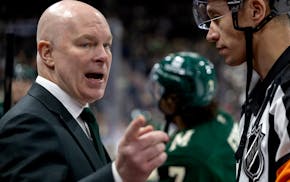
For Wild's leader, playoff time and payoff time arrive together
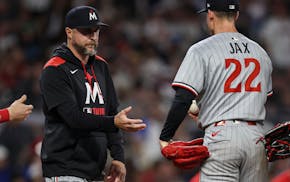
Twins sink against Braves when Jax gives up four runs in the eighth inning
